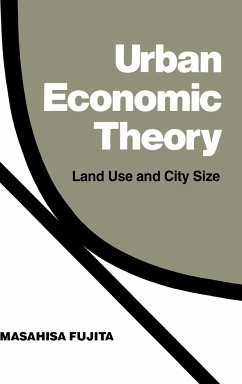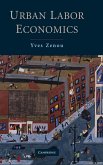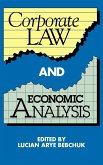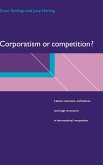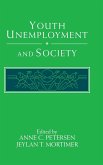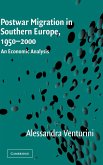This book examines the economic reasons why people choose to live where they live and develops, through analysis of the bid rent function, a unified theory of urban land use and city size. The first part of the book explicates the basic theory of urban land use and optimal city size. Residential location behavior of households is examined in a microeconomic framework and equilibrium and optimal patterns of residential land use are discussed. The corresponding equilibrium and optimal city sizes are studied in a variety of contexts. Part Two extends the classical theories of von Thunen and Alonso with the addition of externality factors such as local public goods, crowding and congestion, and racial prejudice. The rigorous mathematical approach and theoretical treatment of the material make Urban Economic Theory of interest to researchers in urban economics, location theory, urban geography, and urban planning.
Table of contents:
Preface; 1. Introduction; Part I. Basic Theory: 2. Locational choice of the household; 3. Equilibrium land use and optimal land use: single household type; 4. Equilibrium land use and optimal land use: multiple household types; 5. Urban aggregates and city sizes; Part II. Extensions With Externalities: 6. Local public goods; 7. Neighborhood externalities and traffic congestion; 8. External economies, product variety, and city sizes; Appendixes; References; Author index; Subject index.
An examination of the economic reasons determining choice of location develops, through analysis of the bid rent function, a unified theory of urban land use and city size.
Hinweis: Dieser Artikel kann nur an eine deutsche Lieferadresse ausgeliefert werden.
Table of contents:
Preface; 1. Introduction; Part I. Basic Theory: 2. Locational choice of the household; 3. Equilibrium land use and optimal land use: single household type; 4. Equilibrium land use and optimal land use: multiple household types; 5. Urban aggregates and city sizes; Part II. Extensions With Externalities: 6. Local public goods; 7. Neighborhood externalities and traffic congestion; 8. External economies, product variety, and city sizes; Appendixes; References; Author index; Subject index.
An examination of the economic reasons determining choice of location develops, through analysis of the bid rent function, a unified theory of urban land use and city size.
Hinweis: Dieser Artikel kann nur an eine deutsche Lieferadresse ausgeliefert werden.

